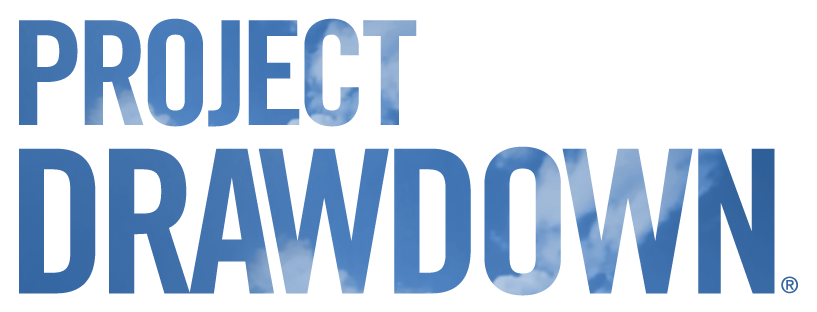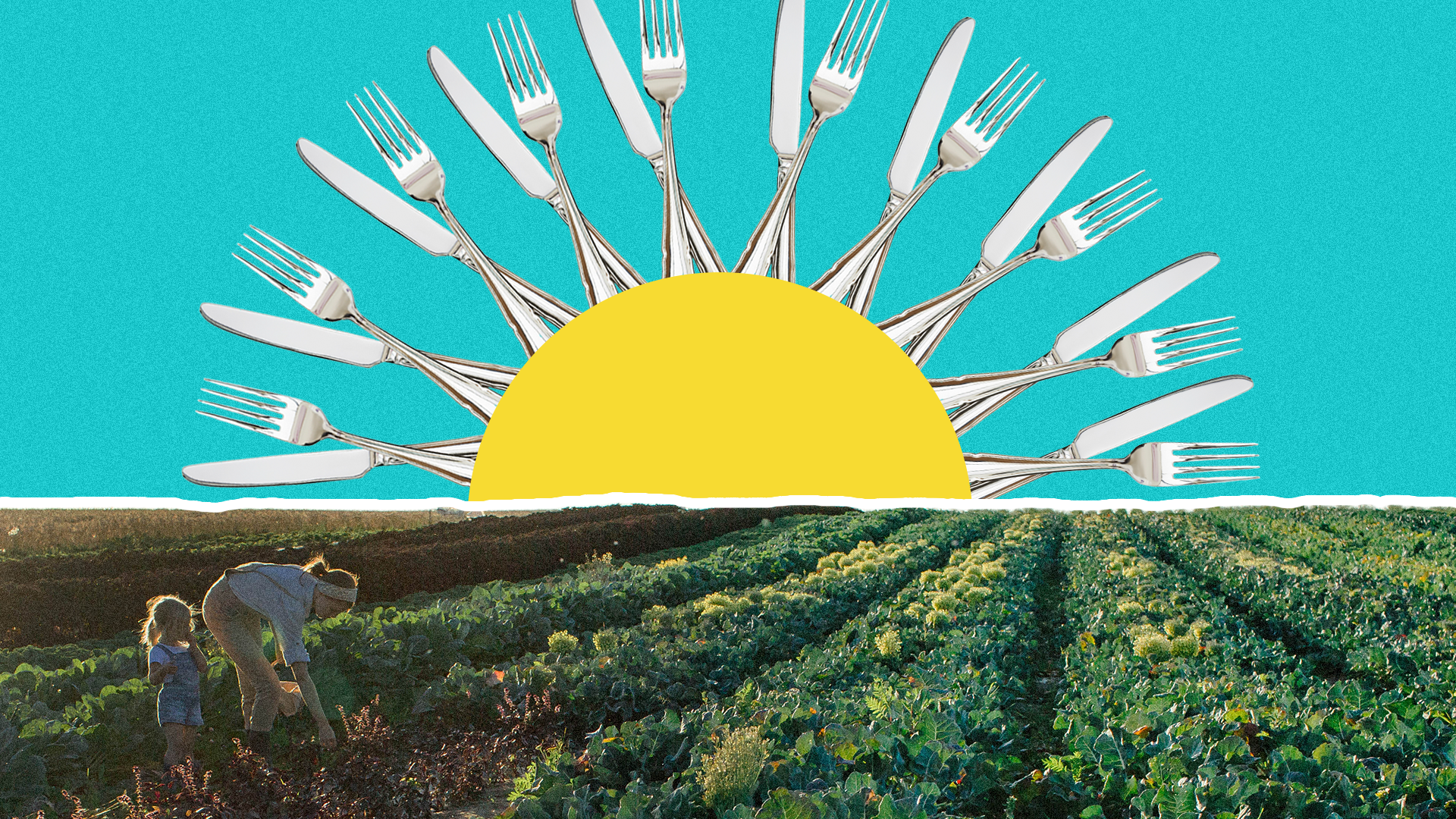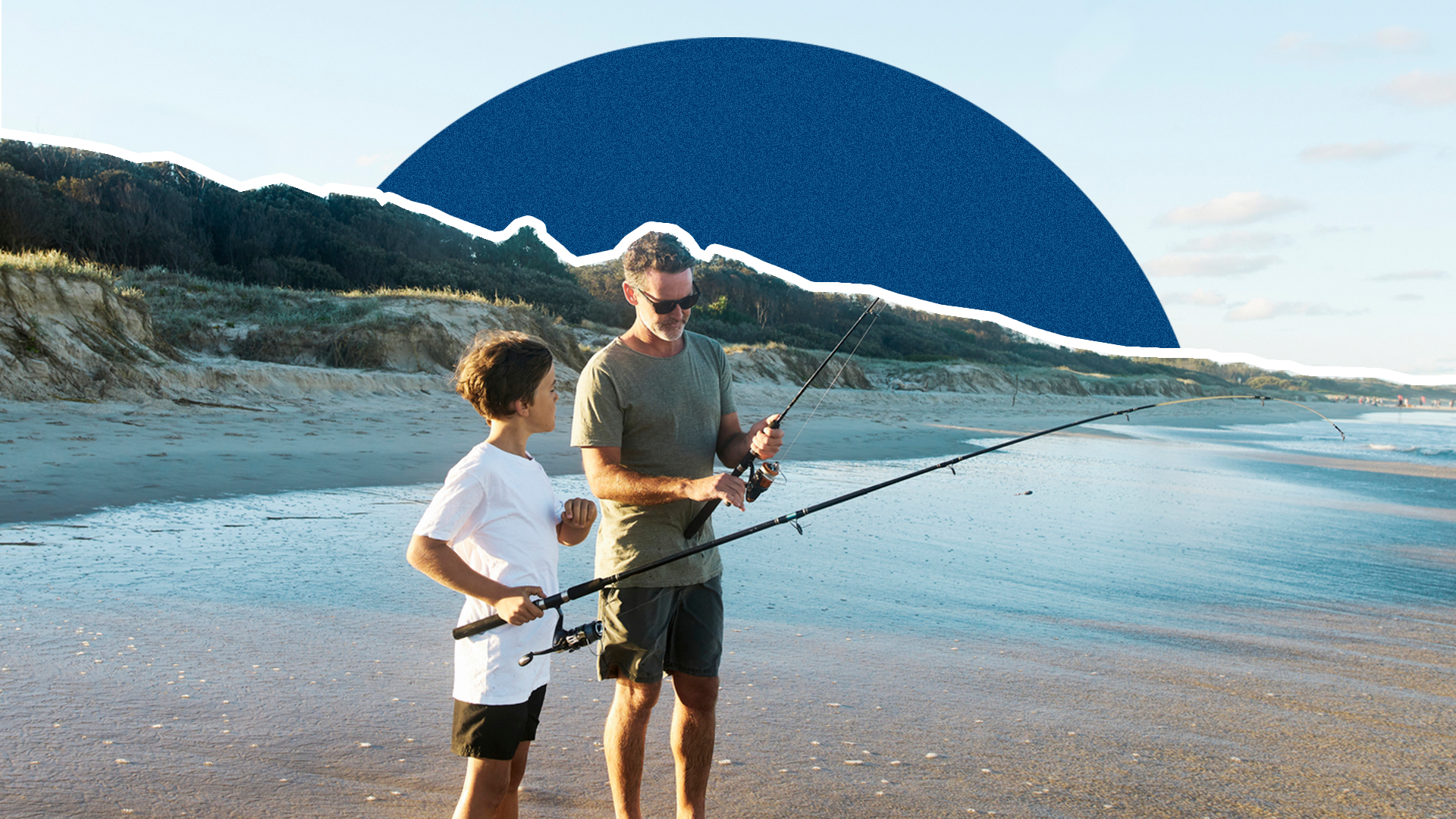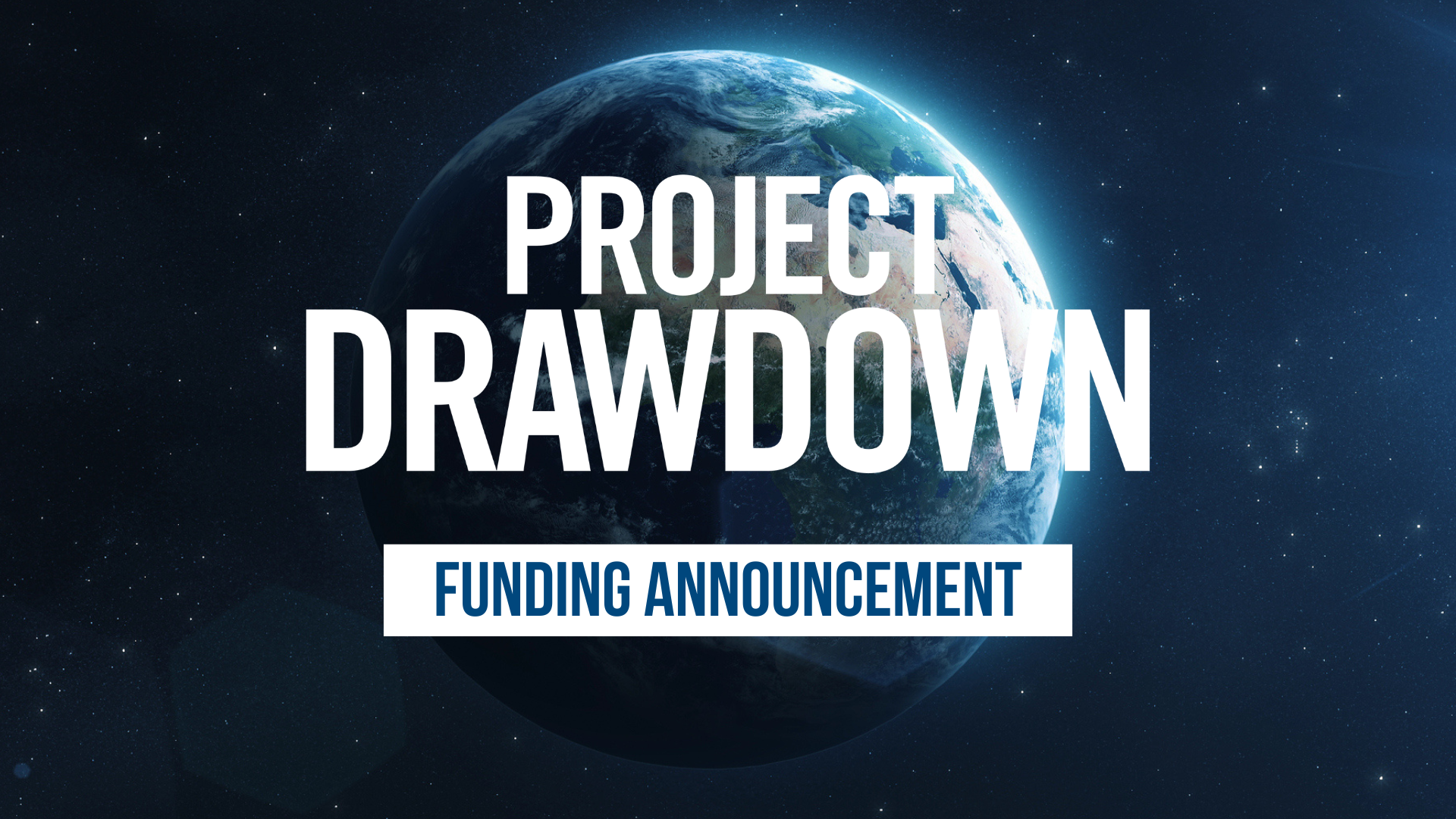Drawdown Science profile: Yusuf Jameel
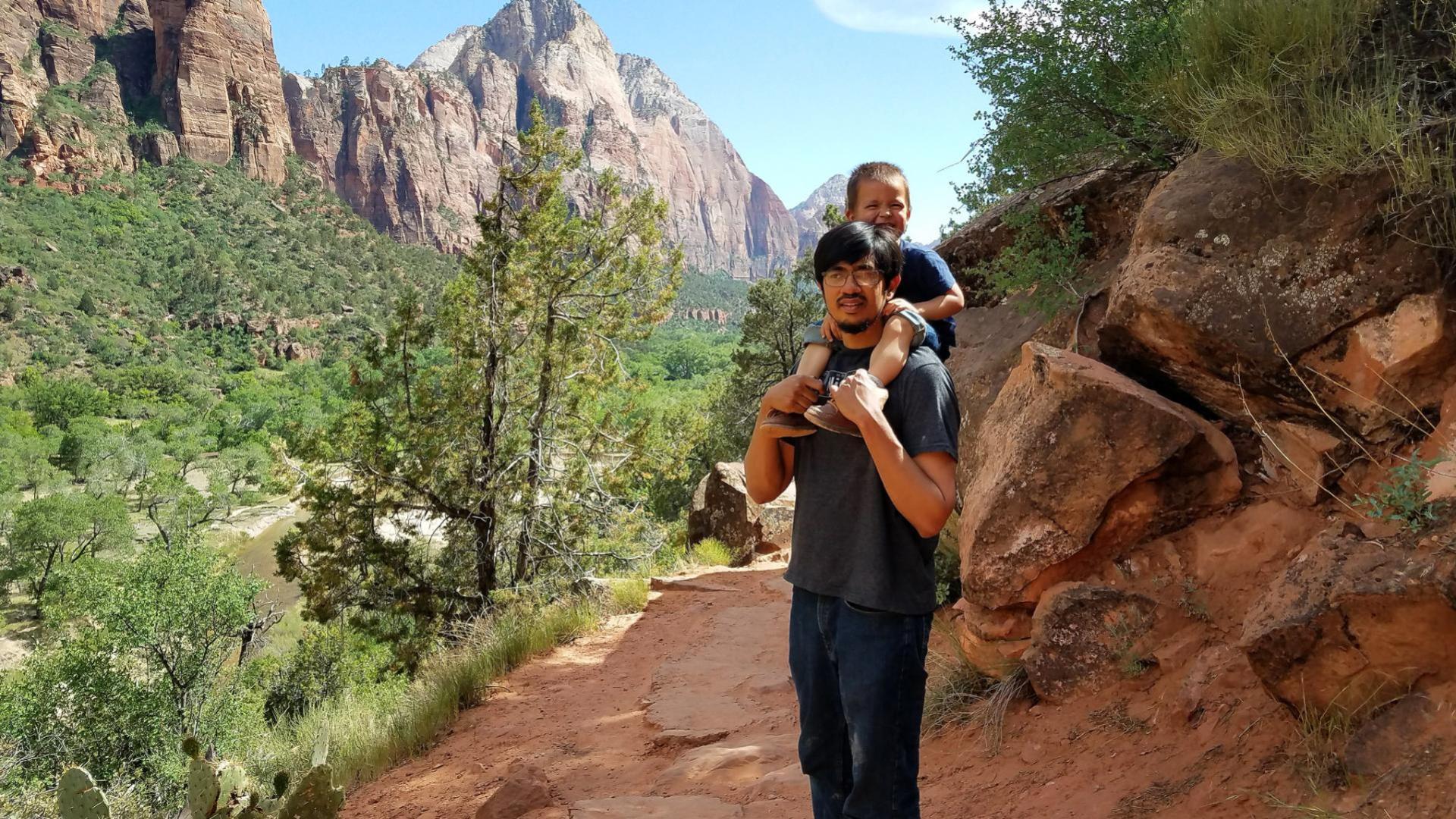
This article is the third in a series introducing the members of Project Drawdown’s new science team.
Yusuf Jameel joined Project Drawdown in 2021 as a research manager for Drawdown Lift. In January 2023 he transitioned to the Drawdown Science team as associate scientist, data science. A multidisciplinary scientist with experience in water resources, public health, data analytics, and science communication, he’s passionate about finding solutions to climate change and bridging the gap between scientists, policymakers, and the public. Yusuf obtained his Ph.D. from the University of Utah.
Please welcome Yusuf as he shares his thoughts on growing up on the banks of the Ganges River, enhancing human well-being through the adoption of climate solutions, porcupine hair, and more.
Q: When people ask you what you do with Project Drawdown, what do you tell them?
A. As a member of the science team, I work on climate solutions using my experience in data analysis, especially on solutions that also address the food–energy–water nexus. I also work on translating the science in a way that makes it widely accessible.
Q: Of all of the things you could be doing, why did you choose to join Project Drawdown?
A: Project Drawdown is on a mission to actually address the biggest problem the world is facing today, climate change. I was really impressed by the book. It was the first to lay out that yes, we can address climate change—it's not just about gloom and doom, it’s also about opportunity. Project Drawdown addresses climate in a way that’s multidimensional, promotes the best science, addresses the different audiences, and passes the mic. That really motivates me.
Q: What do you consider some of the biggest obstacles to implementing and scaling up climate solutions?
A: First is unlocking the finance to fund climate solutions globally. We need capital from the private sector, from banks divesting from fossil fuels, and we need to invest in green solutions. Another challenge is politics. We need to think more altruistically. This is a global challenge requiring everyone to join hands, yet it has not been the case so far. The good news is, public perception is changing. Hopefully politics will change, and more capital will be funneled into climate solutions.
Q: OK, time for a break. What’s your favorite food?
A: I would go with my comfort food, and that’s biryani. It’s a big tradition in South Asian countries, and if you ask anyone in India, Pakistan, and Bangladesh, biryani is probably one of the top dishes. It’s not the healthiest dish, but it’s just so comforting.
Q: I’m sure you have many, but can you tell us about one superpower you bring to this job?
A: I’m a jack of all trades. Whether it’s high-level thinking, brainstorming ideas, or actually doing the work, I’m comfortable doing it all. I’m also adaptable. If a situation requires me to step up and take the lead I can, or I can step back and follow.
Q: What's a childhood experience that relates to the work you're doing today?
A: I grew up on the banks of the River Ganges. Every now and then there would be flooding. As a result, many people would go through an annual cycle of losing crops and be entrenched in a cycle of poverty, unable to get out. This had a profound effect on me. When I started reading about climate change and seeing flooding events become more and more intense, I recognized the need to address climate and development holistically.
Q: What’s your favorite Drawdown Solution?
A: There are so many of them! I really like Distributed Solar Photovoltaics and Reduced Food Waste, but my favorite is Clean Cooking. I think that solution can revolutionize the lives of billions of people in the world, especially young girls. It not only addresses climate but also vastly improves health, addresses gender equality, and opens up economic opportunities. If we can implement clean cooking and distributed solar, we’ll see huge changes in the lives of billions of people globally.
Q: Time for another break. If you were a nonhuman animal, what animal would you be?
A: As a kid I had short hair that was like vertical hair, as if I had had an electric shock. So many of my friends called me Porcupine. People would rub my hair all the time as it felt like velvet. Now I keep my hair long.
Q: What gives you hope?
A: I derive my hope from two things. First, we’re rapidly advancing technology—a lot of people from across the world are putting their effort into finding and implementing the best and most important solutions to address climate change. Second, when I was at COP27, I saw that young people are really leading the movement. That gives me hope that we can do meaningful work on this very important but challenging issue.
Q: Anything else you’d like to share?
A: I like nature. I especially like mountains. This is something I realized very late in life, maybe because I grew up in cities with very little nature around. When I moved to Utah, I started going to the mountains. I realized how peaceful and how nice it is, and I can’t not talk about it. As human societies are getting more urbanized, a lot of us, especially young people who live in large metropolises, are cut off from nature. And I hope they reconnect with nature. We need to appreciate nature and biodiversity much more than we do. Once it’s gone, it’s not coming back. We need to love it, respect it, and protect it.
Press Contacts
If you are a journalist and would like to republish Project Drawdown content, please contact press@drawdown.org.
